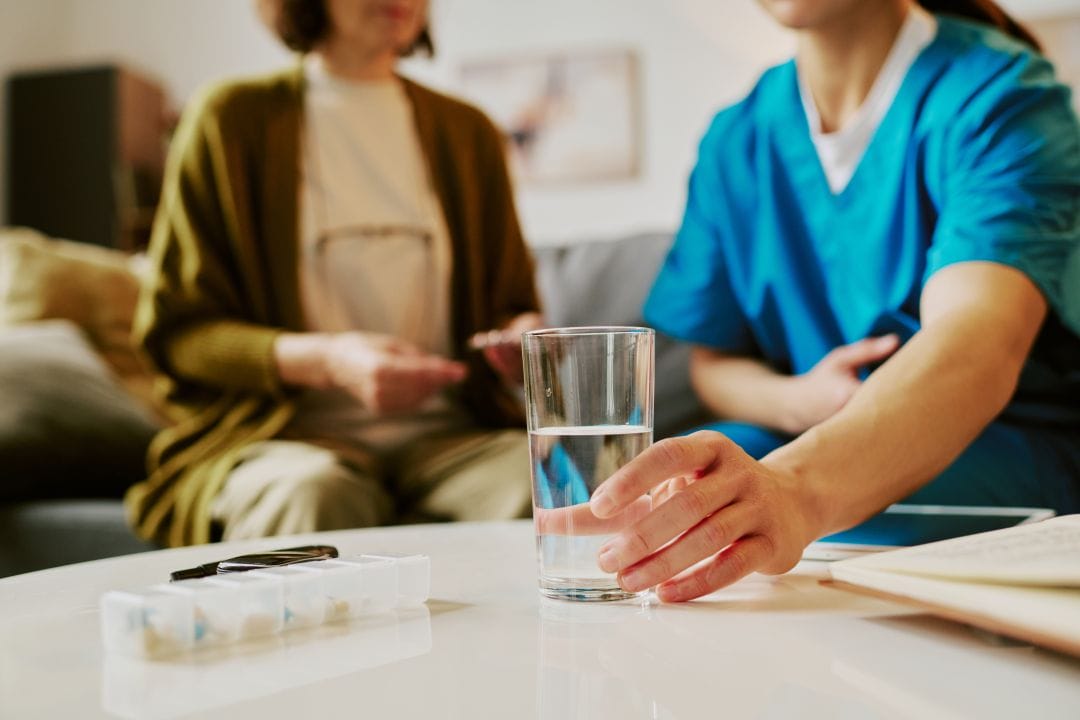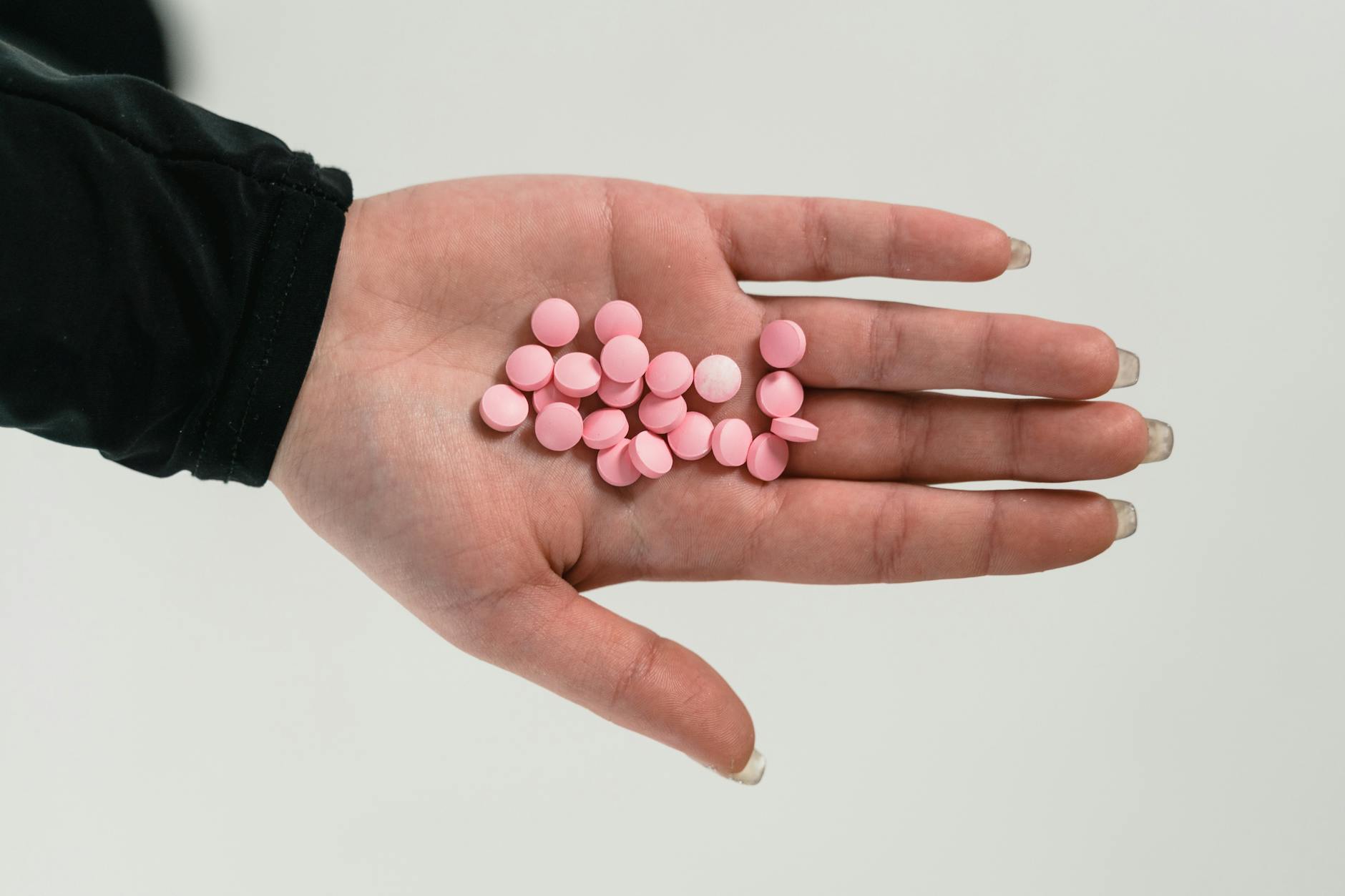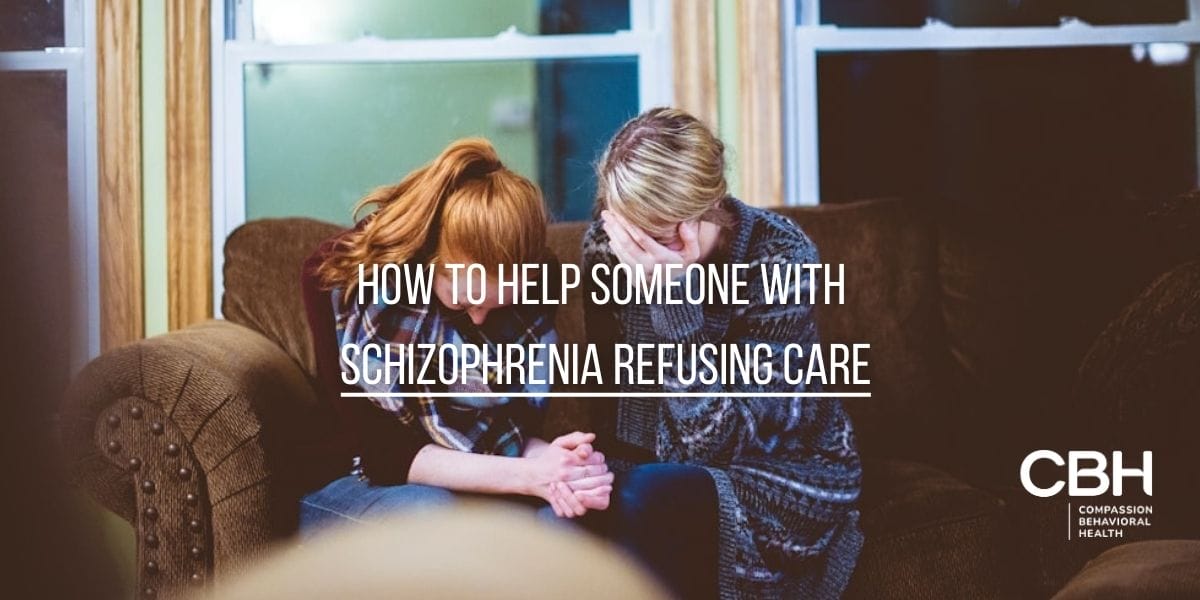Motivating Yourself to Pursue a Fulfilling Recovery
Choosing to participate in an addiction treatment program is setting your first goal to achieving a better life in recovery. As you enter into this new phase in your life, you may want to also set other goals that support your new lifestyle.
Today, we are going to cover some examples of personal goals that you might want to set for yourself in your newfound sobriety. These could include, but are by no means limited to:
Prioritize Physical and Mental Health
The symptoms of addiction can produce lingering physical and/or mental health issues, even after completing treatment. Setting a goal to address these in recovery can help remove these painful aftereffects and allow you to live a happier and more comfortable life.
Improve Your Lifestyle Habits
Lifestyle habits affect both our physical and mental health. For example, a person who does not sleep enough might feel more anxious, tired, and foggy due to a lack of rest. Some ideas for goals to improve your lifestyle could include:
- Establish a workout routine
- Go for walks multiple times per week
- Cut back on sugar and artificial sweeteners
- Start cooking fresh meals at home
- Eat more fruits and vegetables
- Sleep for 7-8 hours each night
- Commit to a firm wake-up time and bedtime
- Quit smoking or vaping
Join a Community
Many people in recovery benefit from the support of a community made of others that have similar experiences. Groups such as Alcoholics Anonymous and Narcotics Anonymous consist of other individuals who share their weekly struggles with maintaining their sobriety. Participating in these organizations can help remind you that you are not alone in your experience.
There are also plenty of non-addiction communities that you can join to create a greater sense of belonging in your life. If you wish to broaden your social life in recovery, you can consider groups like religious organizations, local nonprofits, volunteer groups, recreational sports leagues, book clubs, and many more.
Work on Relationships with Loved Ones
Prior to recovery, addiction can take time and attention away from those we care about most. As you begin your new life, you can set a goal to spend more time with these people. Whether a parent, sibling, child, or another family member, give them a call or message them and ask them to have a meal with you or to join you in an activity you both enjoy.
Find Employment
Seeking employment opportunities can help you start generating independent income and contribute to a higher quality of life.
For many in recovery, though, the idea of having to talk about a former addiction in an interview can be nerve-wracking. Does a person have to disclose this?
In most cases, it is ultimately up to you to disclose your history with addiction to a potential employer. Additionally, ADA does provide protections for those who are in recovery.
These protections could include examples like receiving treatment for physical health symptoms as a result of addiction or taking prescription Suboxone as part of a recovery plan. The ADA also forbids employers from asking candidates about past addictions and time spent in completing rehabilitation treatment.
Manage Money Wisely
Buying alcohol and drugs adds up. Without these expenses in a life in recovery, many find that they have more money on hand than they did before. If this applies to your situation, consider setting a goal to manage your funds wisely, such as creating a savings account, paying bills on time, clearing credit card debt, etc.
Finding a New Sense of Peace
Are you feeling anxious about sobriety? Seeking mental health support, joining a community, and/or practicing grounding exercises can help establish a greater sense of peace. Equipping yourself with the means to cope with these feelings can help you pursue a better life in recovery with confidence.
Want to find a way to cope with anxiety, but don’t know where to start? Try some of these ideas:
- Join a yoga class or start practicing at home with online courses.
- Create a personal mantra that you can repeat to yourself in moments of anxiety.
- Say a prayer if you are religious.
- Ask another AA or NA member to share examples of how they’ve coped with similar feelings in the past.
- Talk to a mental health or addiction treatment specialist about your worries and ask them for advice.
- Speak to a doctor about possible anti-anxiety or antidepressant medications that could be safe to take with prescribed addiction treatments like Suboxone.
Pursuing New Hobbies and Skills
Have you wanted to start a new hobby or learn a new skill? Turning your attention to these interests can help produce a rewarding sense of accomplishment while you’re learning more about something that you care about.
If one of your goals is to dive into a new hobby or skill, commit a set amount of time each week to work on it. Consistency is a major driving force for improvement.
Start Your Road to a Better Life in Recovery Today
At Compassion Behavioral Health, we provide a holistic range of addiction treatment services to our neighbors in South Florida. If you are ready to start your own journey toward a better life in recovery, contact us online or give us a call anytime at (844) 999-0874.



